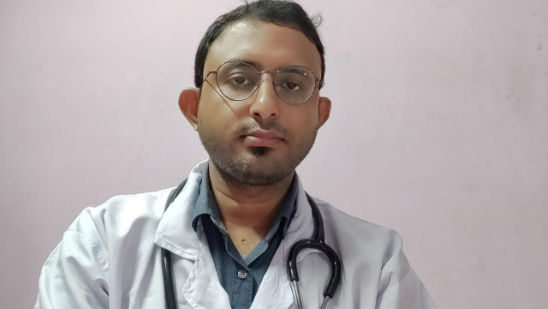I'm suffering from alopecia since five years l have used a lot of medicine until now no benefit
Is there any proper medical for it
Alopecia can be a challenging and frustrating condition.
Understanding Alopecia
Alopecia is an autoimmune disease that causes hair loss due to the body's immune system attacking the hair follicles. There are different types of alopecia, including alopecia areata, alopecia totalis, and alopecia universalis.
Current Treatment Options
While there is no cure for alopecia, various treatments can help promote hair growth and manage symptoms. Since you've tried several medications without success, let's explore other options:
1. Minoxidil (Rogaine): A topical solution applied directly to the scalp to stimulate hair growth.
2. Anthralin (Dritho-Scalp): A topical cream or ointment that can help promote hair growth and reduce inflammation.
3. Corticosteroids: Injected into the scalp to reduce inflammation and promote hair growth.
4. Immunotherapy: A treatment that aims to desensitize the immune system to the hair follicles.
5. Low-Level Laser Therapy (LLLT): A non-invasive treatment that uses low-level laser or light-emitting diodes to stimulate hair growth.
Emerging Treatments
Researchers are exploring new treatments for alopecia, including:
1. JAK inhibitors: Oral medications that target the immune system's response to hair follicles.
2. Stem cell therapy: A treatment that uses stem cells to promote hair growth.
3. Gene therapy: A treatment that aims to modify the genes responsible for alopecia.
Consult a Specialist
It's essential to consult a dermatologist or an alopecia specialist to discuss your treatment options and determine the best course of action for your specific case. They can help you:
1. Re-evaluate your diagnosis: Confirm the type and severity of your alopecia.
2. Explore new treatment options: Discuss emerging treatments and clinical trials.
3. Develop a personalized treatment plan: Create a tailored plan to address your specific needs and concerns.
Remember, it's crucial to work with a healthcare professional to find the most effective treatment approach for your alopecia.



